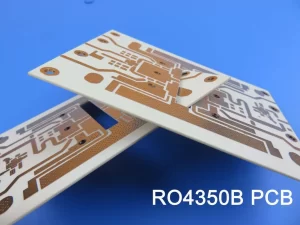目录
ToggleIntroduction to Reliability Assessment of Metal Core PCBs
Reliability assessment of metal core printed circuit boards (PCBs) is an important part of the design and manufacturing process for automotive electronics. Metal core PCBs are used in a variety of automotive applications, including powertrain, body electronics, and infotainment systems. The reliability of these PCBs is critical to the performance and safety of the vehicle. This article provides an overview of the factors that affect the reliability of metal core PCBs, the testing and evaluation methods used to assess their reliability, and recommendations for improving reliability.
Factors Affecting Reliability of Metal Core PCBs
The reliability of metal core PCBs is affected by a variety of factors, including the materials used, the design of the board, and the manufacturing process. The materials used in the construction of the board must be able to withstand the high temperatures and vibration levels that are common in automotive applications. The design of the board must also be optimized for the application, taking into account the size, weight, and power requirements of the system. Finally, the manufacturing process must be carefully controlled to ensure that the board is built to the highest quality standards.
Testing and Evaluation of Metal Core PCBs
Once the board has been designed and manufactured, it must be tested and evaluated to ensure that it meets the required reliability standards. Testing typically includes thermal cycling, vibration testing, and electrical testing. Thermal cycling tests the board’s ability to withstand extreme temperatures, while vibration testing evaluates its ability to withstand shock and vibration. Electrical testing evaluates the board’s performance under various conditions, such as high current and voltage.
Conclusion and Recommendations for Reliability Assessment of Metal Core PCBs
Reliability assessment of metal core PCBs is an important part of the design and manufacturing process for automotive electronics. The reliability of these boards is affected by a variety of factors, including the materials used, the design of the board, and the manufacturing process. Testing and evaluation of the board must be conducted to ensure that it meets the required reliability standards. Finally, recommendations for improving reliability include using high-quality materials, optimizing the design of the board, and carefully controlling the manufacturing process.
Metal PCB
https://www.facebook.com/people/Topfast-Technology-Co-Ltd/100086889766737/





